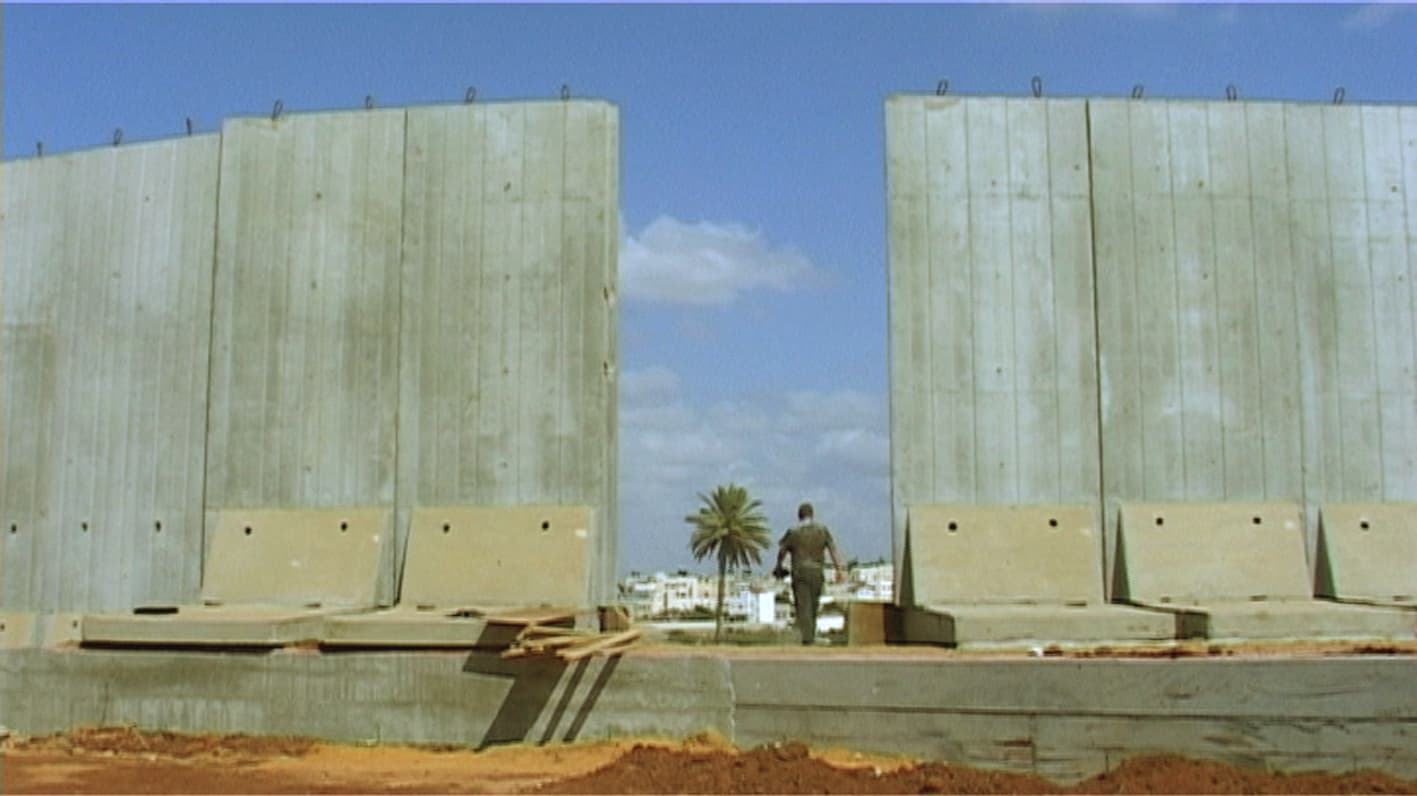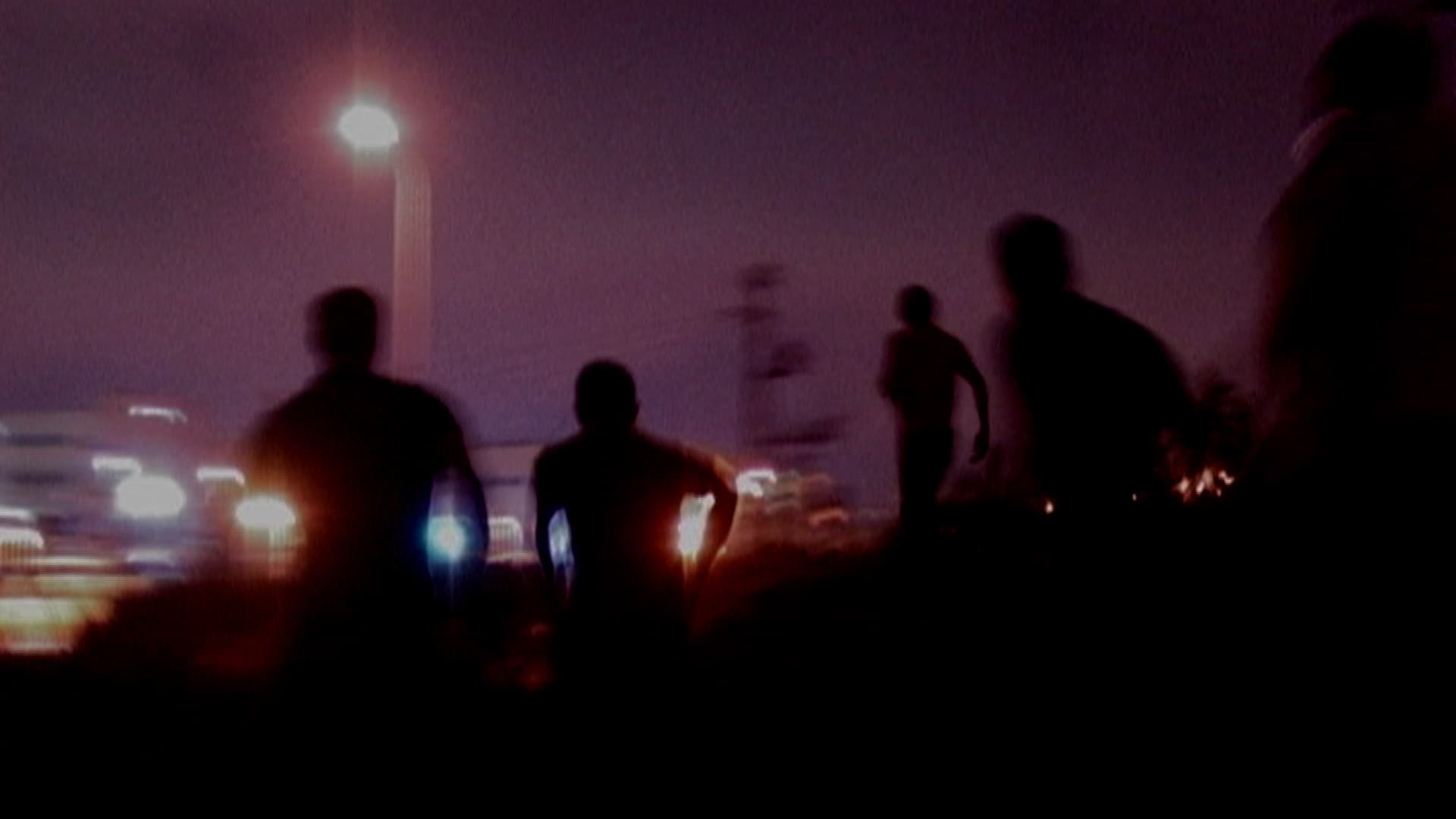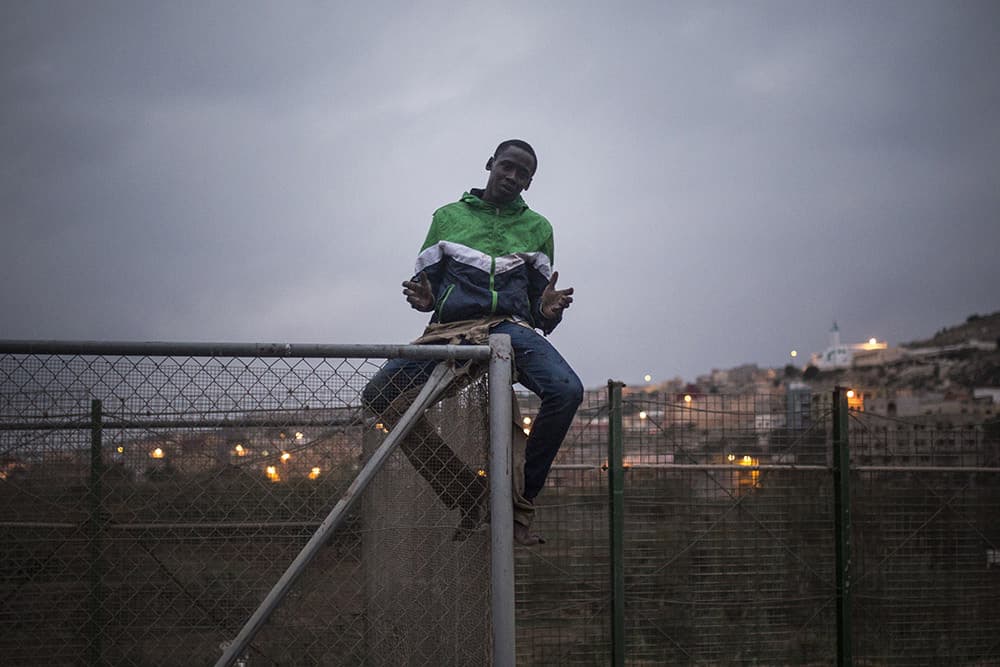
Dead Angle: a new program illuminating the dark corners of our awareness
Cinema, and especially documentary film, opens windows into the unseen layers—the dead angles—of our world. While fiction often stays within the confines of a crafted story, documentaries illuminate realities that usually go unnoticed—stories that are uncomfortable or overlooked. By guiding us into unfamiliar or challenging territories, documentaries sharpen our perspective and help us understand what typically remains hidden.
That's the driving force behind Dead Angle: a multi-year program that, through film screenings, discussions, and publications, invites us to explore the overlooked aspects of our world. Each year, a different theme takes center stage, often approached in ways that are thought-provoking or unexpected. Programmer Sarah Dawson explains: “With this new approach, we want to delve deep, encouraging audiences to reflect on the potential of documentary cinema. Our goal is to explore it as a torch to illuminate the dark corners of our awareness. This program marks the start of a long-term journey into uncovering dead angles —including our own. Even as programmers, we encounter stories and perspectives that we might miss, and through collaboration, we challenge ourselves to confront and discover these gaps.”
Borders: more than physical barriers
This year's theme, Borders, explores both the physical and metaphorical divides that shape our world. Borders are at once omnipresent and invisible. They exist as arbitrary lines on a map, yet they dictate how we live—structuring our social, political, and economic realities. What makes these lines take the path they do, carving through landscapes, communities, and cultures? Why do these borders shift, sometimes within a matter of decades?
Dawson expands: “Borders aren’t random. They are markers of history, deeply influenced by centuries of political decisions, conflicts, and communal ties.” Often, these borders don’t align with the identities of the people living within them—drawn with little regard for the realities on the ground. Yet, these borders are tightly woven into our sense of self, becoming fundamental to how we understand our own identity.

Infiltrators (Khaled Jarrar, 2012)
“Today, more than ever, borders are being used to separate ‘us’ from ‘the Other,’ amplifying division and exclusion,” says Dawson. “Physical manifestations like fences, walls, and checkpoints are becoming increasingly common, turning abstract boundaries into tangible ones.” The program invites audiences to critically reflect on the meaning of borders and how deeply they are embedded in our psyche. “Through these films, we explore our relationship with borders, questioning their significance in our lives.”
The selected films address the multifaceted nature of borders and their impact: from a small village on the militarized Polish-Belarusian border, which defies strict anti-refugee laws by offering sanctuary to asylum seekers, to a film that looks at British colonialism's disruption of territorial relations in Papua New Guinea. These films reveal not only the physical barriers that divide us but also the social and political boundaries that shape our everyday experiences—showing how borders are enforced, challenged, and sometimes crossed.

The Great Wall (Tadhg O'Sullivan, 2015)
One featured film is The Great Wall by Tadhg O'Sullivan, an essayistic documentary meditating on the increasing enclosure of the European Union in relation to the construction of the Great Wall of China—inspired by a short story by Franz Kafka. Another is Route 181: Fragments of a Journey in Palestine-Israel, where filmmakers Michel Khleifi and Eyal Sivan follow the partition lines that divide Palestine, exploring how people navigate the boundaries separating them from their neighbors.
“Humanity is at the heart of this year’s program,” Dawson emphasizes. “We’re not suggesting that borders can be easily dismantled—it’s more complex than that. What we aim to do is invite the audience to critically examine what borders represent, and not get swept up in the simplistic, divisive rhetoric we often hear. It’s about considering what lies beyond the border, fostering empathy, and encouraging understanding. In a time when issues like migration, identity, and climate change make borders sources of conflict and pain, we need to approach these issues with greater nuance. Borders are more than just dividing lines; they’re places where different worlds intersect, offering opportunities for new perspectives and possibilities.”
The focus program Dead Angle: Borders is supported by Vfonds.